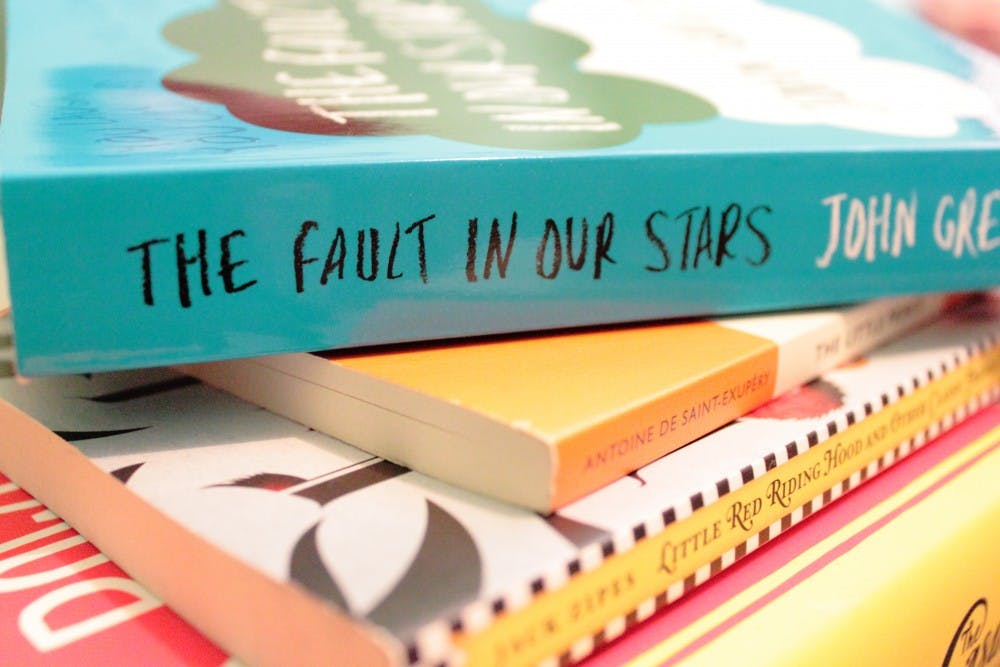
Because he never attempts to view the world from another perspective at all, Green rarely features women of color in his writing and focuses primarily on nerdy, privileged white males who think that a conventionally beautiful (but flawed enough to be interesting!) woman will save them from their lives of mediocrity and boredom.
For the most part, the novels are formulaic: a generic white boy and his two equally generic friends lust after a girl, only to learn that she is more “damaged” (but charmingly so) than they had originally realized. Green then hits us over the head with the theme about how a girl can’t save you and how “treacherous” it is to think that a person is more than a person.
The trope is not only too lame to work for book after book, it is also annoyingly sexist. For instance, Green describes the female characters’ astonishing looks for hundreds of pages, while male characters don’t receive the same treatment, proving that his novels are no more than male fantasies written onto paper.
There are caricatures galore: Where are the three-dimensional characters? Where are the strong, flawed, powerful women who contribute more to the world than their “quirky” personas and movie star good looks?
I believe the term “manic pixie dream girl” applies here, as the women do not develop themselves; their main purpose is to teach the males a powerful lesson. Where are the women like Hermione Granger, for instance? They don’t exist in Green’s world because why would a teenage male want to read about real people? If they aren’t pretty, they aren’t worth the time.
Even though Green claims that the message of his novels is not to put women on pedestals, the idea that women are not put on earth to “save” men should be a no-brainer, not the inspiration for a number of books.
It bothers me to hear people speak of Green as though he is the modern-day Shakespeare, when really, the writing is the literary equivalent of a Seth Rogen movie. And while that type of entertainment has its place, it is important to recognize it for what it is: vapid entertainment.
Even if you don’t believe my previous arguments, you have to admit that reading about the same characters time and time again with no more than a name change is boring, especially when the characters are ridiculous. (And what’s up with the names? Q? Alaska? Augustus? Hazel?) I’ve learned from my writing classes that what makes writing truly powerful and resonating is how it relates to its audience.
Characters should be realistic. Even Harry Potter, a fantasy series, is more realistic than anything John Green has written because it teaches about issues such as bravery and friendship. In Green’s novels, the characters, usually in high school, preach to each other about “the oblivion” and muse about how they are going to “get out of the labyrinth.” Pretentious much? I can’t imagine anyone I know speaking like that, and as a result, the writing doesn’t resonate with me at all. Instead of getting lost in the story, I’m hyper aware that I’m reading a book.
John Green seems like a perfectly fine person, and if you are into his novels, good for you. Don’t let me hold you back. But please, consider also reading something that doesn’t state the same thing over and over and could actually enrich your perception of the world. After all, isn’t the point of reading to learn?





